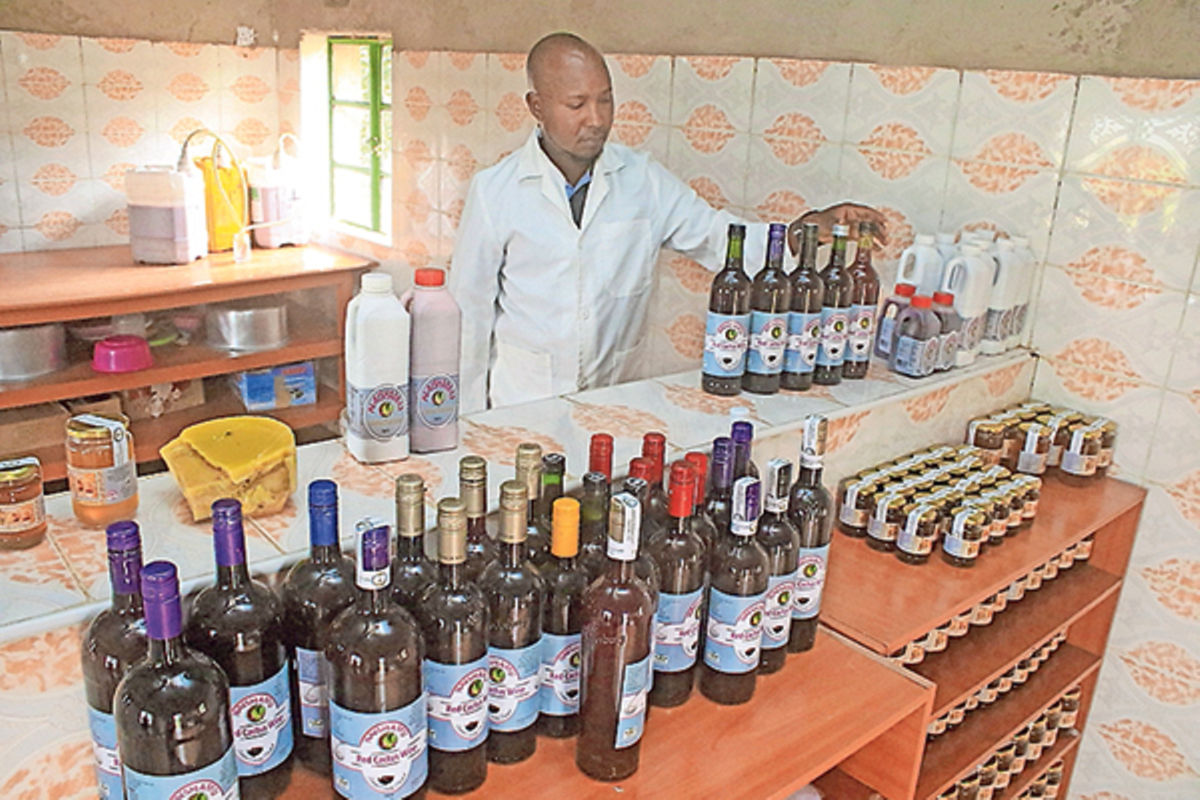
By George Munene
In 2019 Kenya imported groundnuts worth Sh303 million, majorly from Malawi, Tanzania and Uganda.
To meet the nut deficit for both domestic and industrial use, the country’s nut manufacturing companies are urging farmers especially in regions of the country such as Western Kenya, with perfect growing conditions suited to the crop who often struggle with poor prices from the moribund sugar sector to consider the underserved and ready nut market.
“We have a guaranteed market for our farmers and the prices we offer are based on the world market standard—the price per bag of groundnuts has not dropped below Sh15,000 per bag for years,” says Jackson Masesi, CEO Apiaries International.
The company is working with 400 farmers in Tanzania, a number it projects will grow to 1500 by the end of the year.
Related News: Manual decordicator shells 30 times more groundnuts than hand
Related News: New project offers groundnuts as alternative source of income for sugarcane for Western Kenya farmers
“For Kenyan farmers we are currently registering nut farmers with a particular focus on organically grown groundnuts to help meet the perennial shortages we and other nut manufacturers experience forcing us to have to source from other African countries,” the CEO adds.
Despite the lucrative returns farmers can accrue from groundnut farming middlemen often make majority of the profit off farmers, a situation the company hopes to remedy by working directly with them.
The Nakuru based food manufacturer is contracting 2000+ groundnut farmers in Busia, Baringo, West Pokot and Elgeyo Marakwet counties. The farmers are receiving certified seeds, fertilisers, agro-chemicals, beehives and fungicides to aid in their production. The company has also dispatched field officers who ensure the farmers conduct proper land preparation and crop husbandry.
Related News: This is how to grow and earn millions with groundnuts
Groundnuts have a fast maturity rate of 90-100 days, with a hectare of certified seeds in areas with favorable topography producing between 20-25 bags.
In 2019, the Kenyan government aided by the European Union Market Access Upgrade Program (MARKUP) started a nut market access update program in 21 counties in a bid to boost nut production in the country.
Apiaries International: 0720420514/0774823750
Write comment (0 Comments)
















